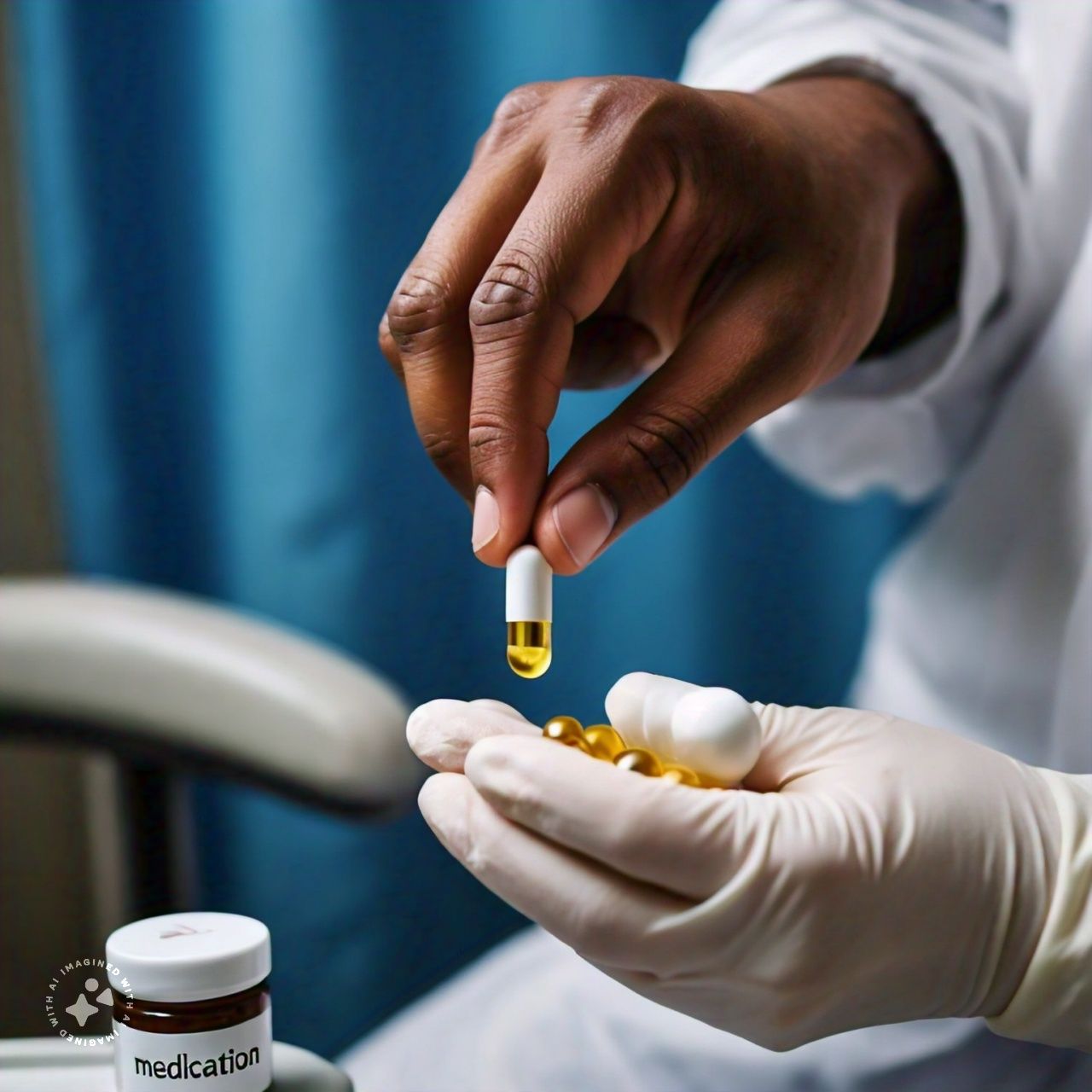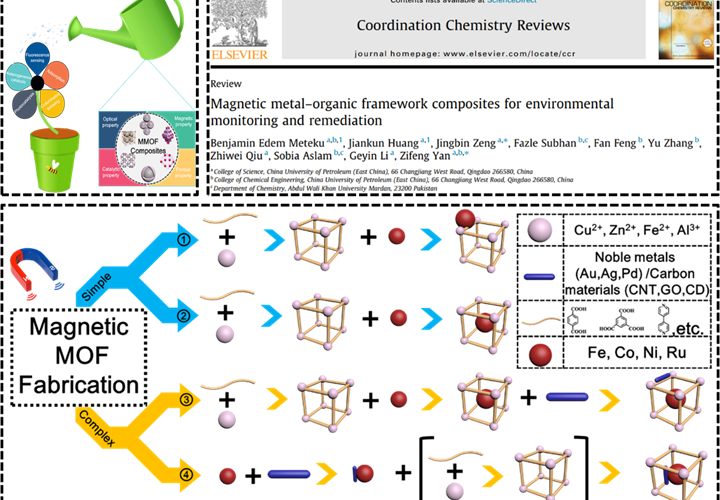The global healthcare sector has made tremendous strides in providing effective antimicrobials for diseases that were once incurable, drastically altering the medical landscape. Diseases like tuberculosis and bacterial infections such as gonorrhoea, which posed significant threats in the past, have now become manageable, thanks to these medical advancements. This progress is undeniably uplifting, isn't it? However, amid these scientific breakthroughs, our public health system faces a range of challenges, with one particularly ominous issue standing out: Antimicrobial Resistance (AMR) – an insidious, fast-growing threat that demands our attention.
The global healthcare sector has made tremendous strides in providing effective antimicrobials for diseases that were once incurable, drastically altering the medical landscape. Diseases like tuberculosis and bacterial infections such as gonorrhoea, which posed significant threats in the past, have now become manageable, thanks to these medical advancements. This progress is undeniably uplifting, isn't it? However, amid these scientific breakthroughs, our public health system faces a range of challenges, with one particularly ominous issue standing out: Antimicrobial Resistance (AMR) – an insidious, fast-growing threat that demands our attention.
In simple terms, Antimicrobial Resistance occurs when microorganisms like bacteria or fungi stop responding to drugs that are meant to eliminate them. This has rendered infections harder to treat, while also increasing the risk of their spread and severity, as outlined by the World Health Organization in 2022.
Among various types of antimicrobials, such as antibiotics, antivirals, antifungals, and antiparasitics. Antibiotics – which combat bacterial infections – have encountered the most significant level of resistance. Despite substantial efforts to combat this pandemic within our healthcare systems, several factors have hindered progress: overuse and misuse of antibiotics due to errors in prescription and administration, inadequate public awareness about antimicrobials, insufficient government funding for research and pharmaceutical development, lack of legislative enforcement especially in developing nations, and inadequate surveillance of antimicrobial resistance.
Regrettably, you and I play a pivotal role in exacerbating AMR. The inappropriate use – overuse and misuse – of antibiotics among patients is the main driver behind the alarming surge in resistance. This phenomenon promotes the survival and multiplication of resistant bacteria, which possess traits allowing them to withstand antibiotics' effects. Over time, these traits are passed on to successive generations and even to unrelated bacteria.
This subtle process has far-reaching consequences, manifesting as an ever-increasing challenge of Antibiotic Resistance. Experts estimate that if a global response isn't initiated, by 2050, antimicrobial resistance could lead to 10 million annual deaths. Antimicrobial resistance (AMR) is already having a devastating impact on Africa, which currently faces the highest mortality rates from this issue. The region's substantial burden of infections exacerbates the situation, making the threat of antibiotic resistance increasingly dire. The urgency to combat AMR in Africa is critical, as the consequences are severe and rapidly worsening.
Realizing the urgency, the responsibility for change falls upon us. In combating AMR, adopting a series of simple yet impactful measures can yield tangible results:
● Proper Use: Only use antimicrobials as prescribed within the designated time frame.
● No Sharing: Never share antimicrobial drugs, even if symptoms seem similar to another's.
● Adherence to Instructions: Follow healthcare professionals' advice regarding proper timing of doses.
● Healthcare Training: Train healthcare professionals extensively on correct administration protocols and antimicrobial stewardship.
● Public Education: Educate the general public about antimicrobials, their role, and the consequences of resistance.
● Animal Farming Awareness: Educate animal farmers about responsible antibiotic use to prevent environmental contamination.
● Government Funding: Governments should allocate resources for research and surveillance of antimicrobial resistance.
Controlling, if not eradicating, antimicrobial resistance is achievable. It starts with knowledge and the commitment to do right. The power to defuse this public health time bomb lies within our grasp. Let's act now to ensure it remains dormant – forever.
Conflict Of Interest
The views and opinions expressed in this article are those of the author, and they do not purport to reflect the policies, opinions, or views of the AfroScience Network platform.
Disclaimer
This article has not been submitted, published or featured in any formal publications, including books, journals, newspapers, magazines or websites.
Be the first to comment
Please login to comment







